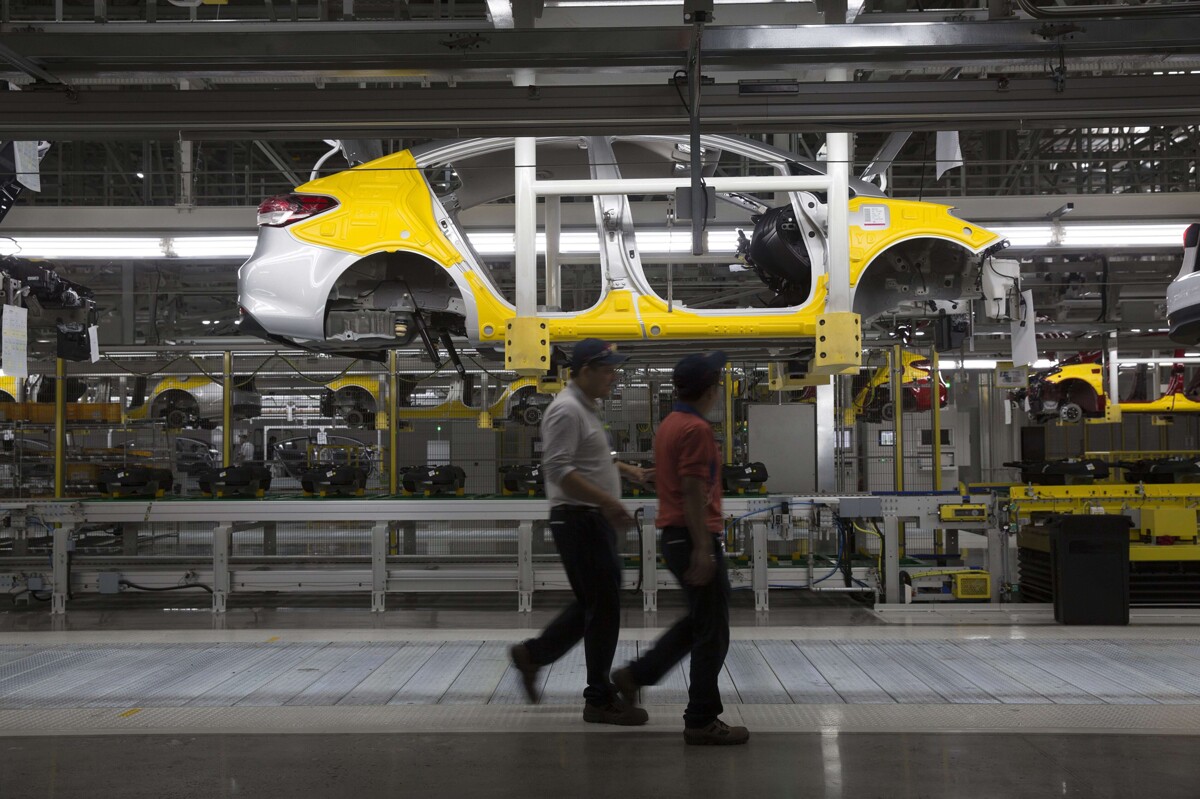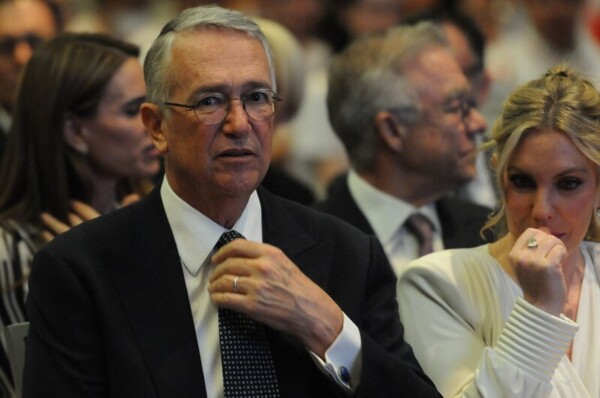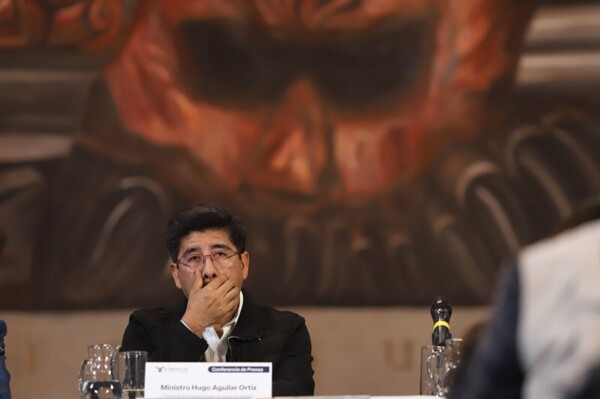
The Mexican company Nemak is evaluating the possibility of relocating part of its production from Mexico to the United States, due to President Donald Trump's threat to impose tariffs on the automotive industry, as well as on aluminum and steel. Armando Tamez, CEO of Nemak, has indicated that this move could take place if they find economic justification to avoid an increase in taxes.
Nemak, specialized in the manufacturing of aluminum components for automobiles, points out that the possible relocation of production would aim to avoid additional costs of doing business in the United States compared to Mexico. Although Nemak's capacity in the United States is limited, the company would consider moving additional auto parts production if it proves economically viable.
The products manufactured by Nemak are essential for the Mexican automotive industry, where significant assembler operations exist globally. The company is noted for its unique ability to produce engine blocks and cylinder heads in the United States, contributing to vehicle weight reduction and providing components for electric mobility.
Nemak has a presence in various countries, including Mexico, the United States, Brazil, Argentina, Germany, Austria, Hungary, Spain, among others. In Mexico, the company supplies auto parts to recognized manufacturers such as General Motors, Ford, Audi, BMW, Nissan, Stellantis, Mercedes Benz, and KIA, among others.
Despite Trump's policies and the possible imposition of tariffs on the Mexican automotive industry, Nemak has indicated that the measures may not directly affect them, as the components they supply to manufacturers are produced in their own facilities. The company has stated that it will not absorb any potential increase in costs, leaving the manufacturers responsible for exporting their products to other countries.
Nemak has plants in the United States, which gives it the capacity to maintain attention to automakers that choose to move their production from Mexico. Tamez, from Nemak, emphasizes that it would be more profitable to absorb the tariffs than to relocate production, considering the significant impact that such a change would have on the overall economic industry, given that Mexico exports billions in automotive parts primarily to American companies.














